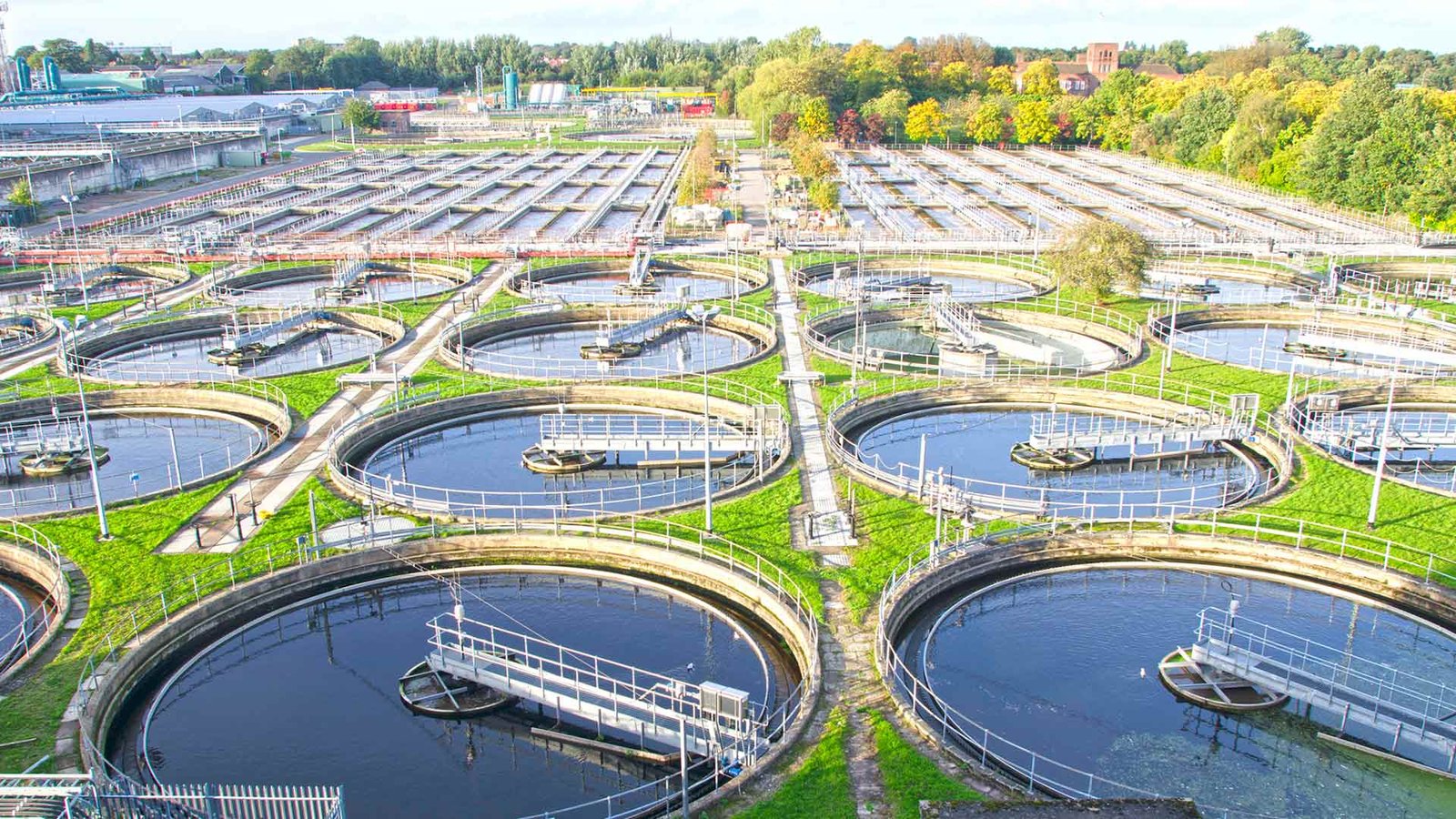
Water treatment is any process that improves the quality of water to make it appropriate for a specific end-use. The end use may be drinking, industrial water supply, irrigation, river flow maintenance, water recreation or many other uses, including being safely returned to the environment. Water treatment removes contaminants and undesirable components, or reduces their concentration so that the water becomes fit for its desired end-use. This treatment is crucial to human health and allows humans to benefit from both drinking and irrigation use. Water Combination is primarily caused by the discharge of untreated wastewater from enterprises.
The effluent from various enterprises, which contains varying levels of contaminants, is dumped into rivers or other water resources. The wastewater may have a high proportion of organic and inorganic contaminants at the initial discharge. Industries generate wastewater as a result of fabrication processes, processes dealing with paper and pulp, textiles, chemicals, and from various streams such as cooling towers, boilers, and production lines.
Treatment for drinking water production involves the removal of contaminants and/or inactivation of any potentially harmful microbes from raw water to produce water that is pure enough for human consumption without any short term or long term risk of any adverse health effect. In general terms, the greatest microbial risks are associated with ingestion of water that is contaminated with human or animal (including bird) faeces.

 Water treatment removes contaminants and pathogens from drinking water, reducing the risk of waterborne diseases such as cholera, typhoid, and dysentery.
Water treatment removes contaminants and pathogens from drinking water, reducing the risk of waterborne diseases such as cholera, typhoid, and dysentery. Water treatment helps to minimize the discharge of pollutants and contaminants into natural water bodies, such as rivers, lakes, and oceans.
Water treatment helps to minimize the discharge of pollutants and contaminants into natural water bodies, such as rivers, lakes, and oceans. Treatment processes such as disinfection ensure that drinking water meets regulatory standards and is safe for consumption.
Treatment processes such as disinfection ensure that drinking water meets regulatory standards and is safe for consumption. By removing pathogens and contaminants from water sources, treatment facilities contribute to the reduction of waterborne diseases, particularly in communities with limited access to clean water and sanitation infrastructure.
By removing pathogens and contaminants from water sources, treatment facilities contribute to the reduction of waterborne diseases, particularly in communities with limited access to clean water and sanitation infrastructure. Access to clean and safe water is essential for economic development and prosperity.
Access to clean and safe water is essential for economic development and prosperity.